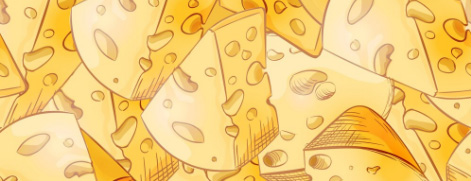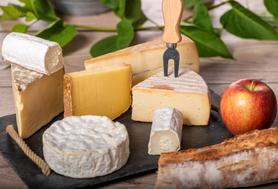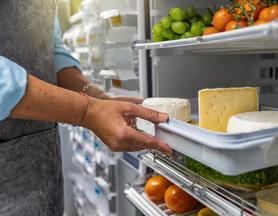The Future of Food & Diet in 2050

Have you ever worried about the consequences our food consumption has on the planet and most importantly, on ourselves?
It can be easy to order in some delicious hot mozzarella cheese pizza, or even more convenient to enjoy a slice of cheese with your salad, but everything we enjoy comes at a cost. Check out the following future predictions and studies on how our diet can change and should be modified for better health!
The climate crisis has come to a boiling point and plenty of countries within the European Union along with Canada, the United Kingdom, Japan and even Korea among others have pledged to try and become carbon neutral by 2050. One important aspect to keep in mind is that animal agriculture, whether it is for meat, dairy or even milk, requires an enormous amount of energy and is a leading factor for greenhouse gas emissions. Besides the obesity crisis, the control of greenhouse gases requires coming up with alternate solutions to grow food and feed the ever-increasing population. Following recent trends that are likely to grow and reshape the food industry in as few as 30 years.
Replacement or Restriction of Dairy & Eggs
There have been consistent efforts to end animal agriculture and that includes a lot of your favourite food like cheddar and pepper jack, but also animal milk. Micro-organisms are being studied and said to give rise to the revolution against using animal livestock for fueling obesity and human health complications. Protein is more than just a source derived from animals, and scientific ways to derive it from air and water are being looked at.
Use of Laboratory Grown Meat
The slaughter of animals is not just morally wrong, but also environmentally. Countless amounts of greenhouse gas emissions are a result of feeding the animals and later butchering them and packaging their body parts while importing and exporting to different countries. Plenty of start-ups like Impossible Foods and Beyond Meat are gaining popularity as the rise of ethical and sustainable production is being educated.
End of Animal Agriculture & Rise of Plant-Based Living
Eating clean whole foods is not just about following the trend of being ‘vegan’ but about making conscious choices to enjoy meals that are directly sourced from the ground. By focusing on carbon neutrality, we can make strides to improve lifestyle based nutritional needs that not only help protect animals but also prevent deforestation and ultimately save the planet.





Loading comments...